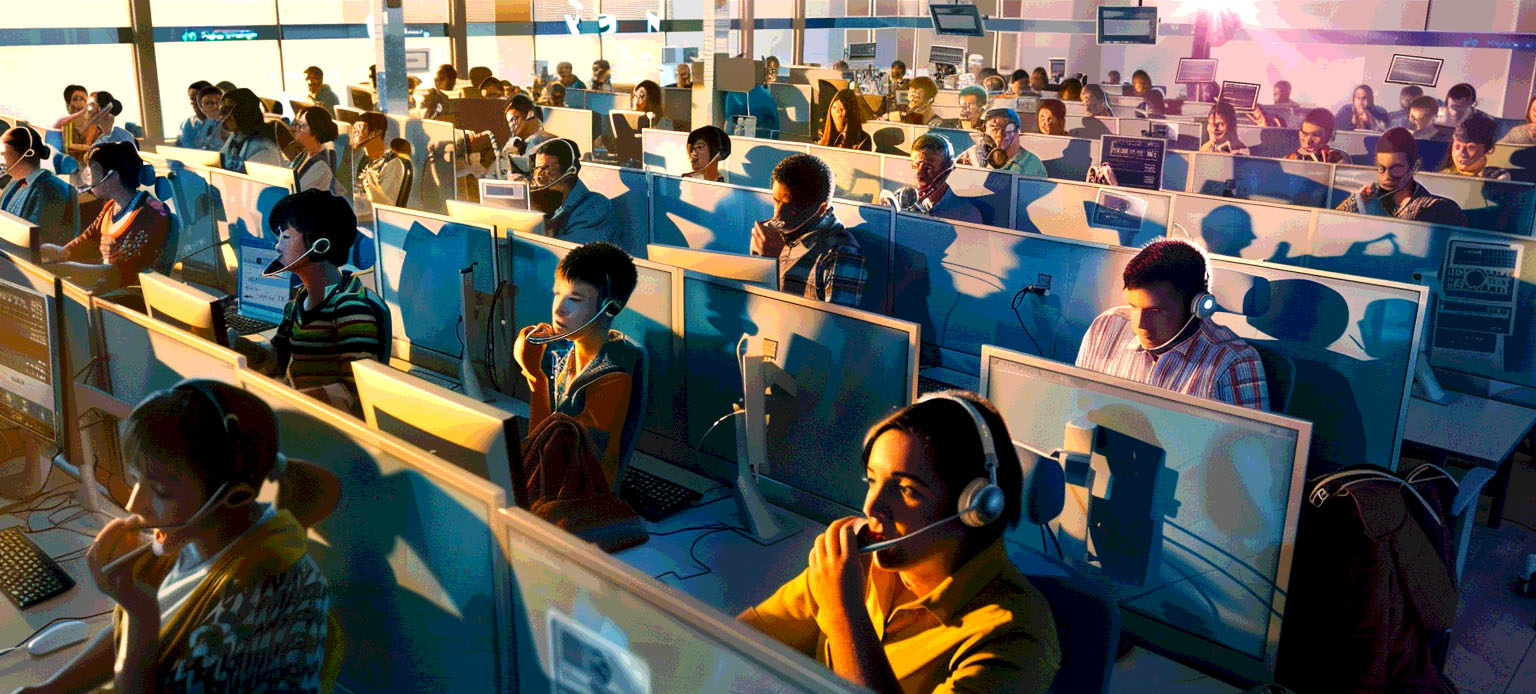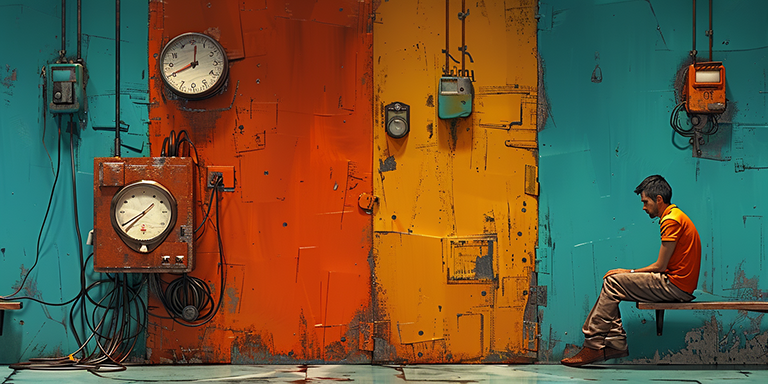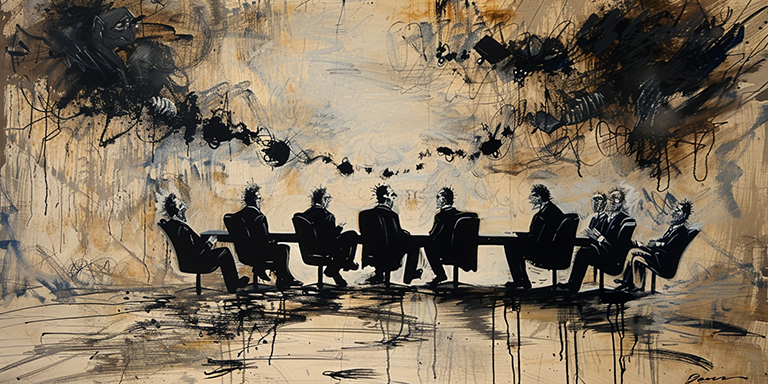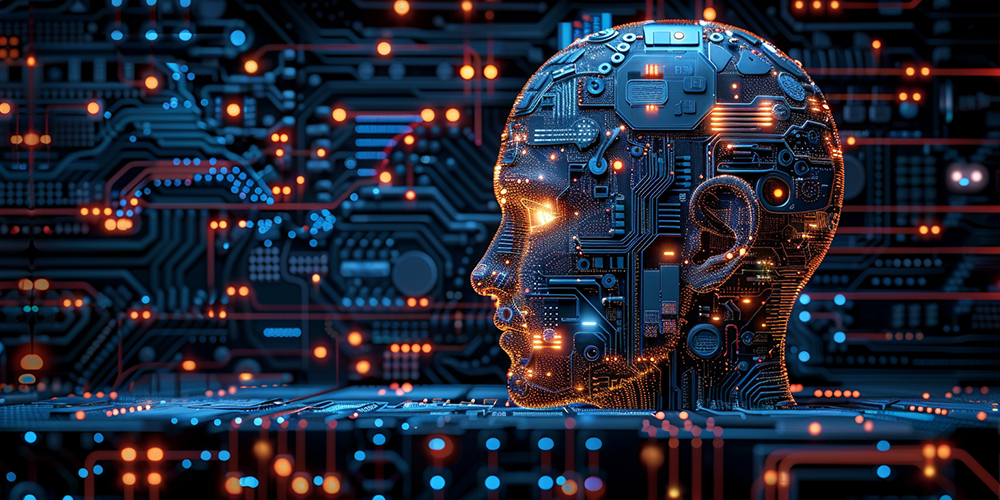Storytelling Reimagined

There is no doubt that AI will fundamentally change the ways in which films are made. But rather than worry about how this might affect the film-making process, we should embrace the change that is about to come and use it to think up new approaches to story-telling.









